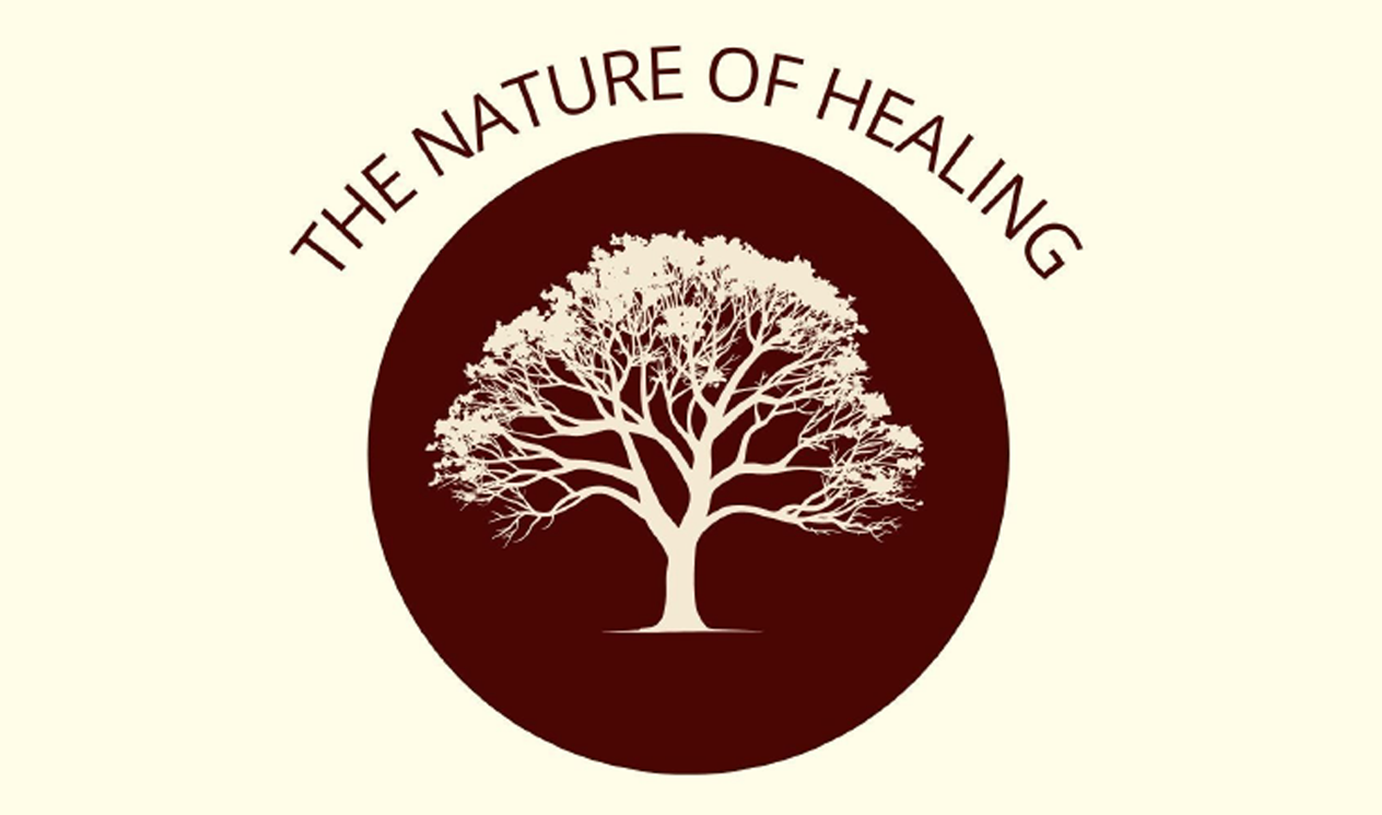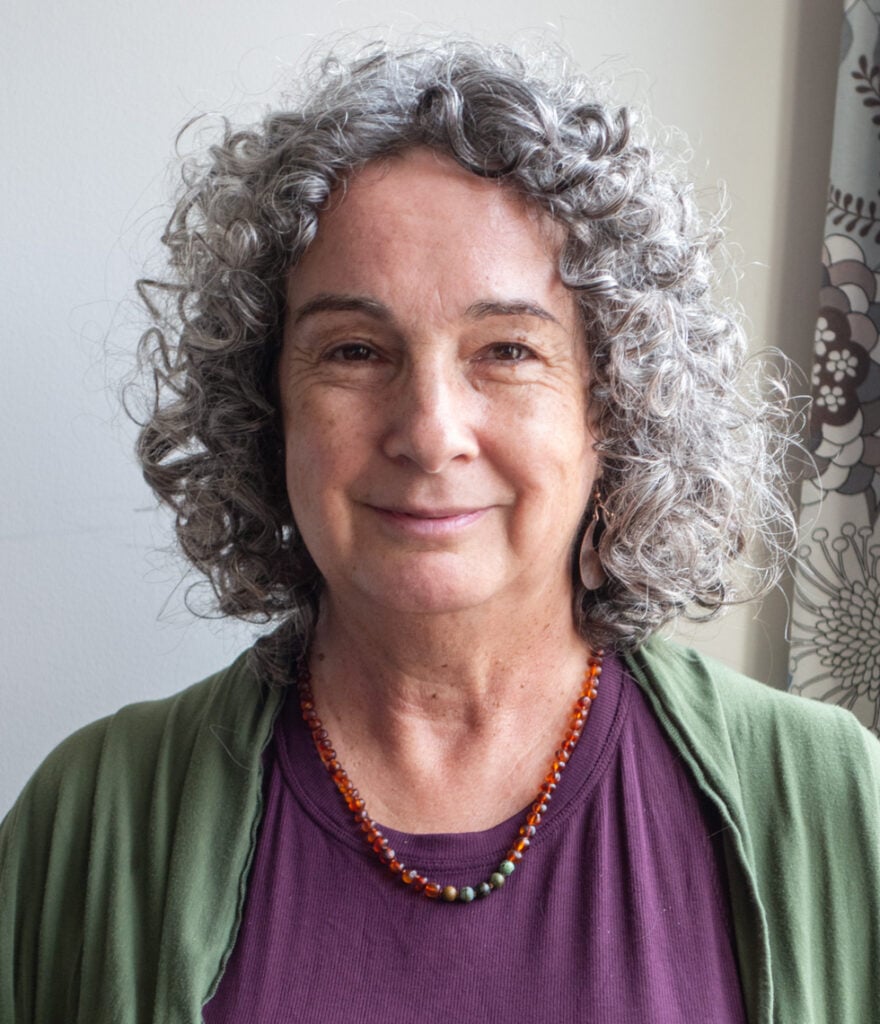The Nature Of Healing


The word healing comes from the word whole. Healing is melting the illusion of separation. On the individual level, it means seeing the body as a whole organism where physical symptoms can lead to mental and psychological distress, and trauma can manifest in chronic physical diseases.
Collective wholeness is an important aspect of healing. Humans evolved in the context of a community. For our ancestors, being in a community was a matter of survival. To this day, hugs, conversation, and emotional intimacy are essential for our well-being. Modern life is fragmented; work is separated from homes, and families are scattered throughout the country, leading to an epidemic of loneliness.
Humans developed with nature. The microbiome that populates your body further suppresses the number of your own cells in numbers and genetic diversity, making the boundaries between “us” and “them” an illusion.
Coming back to wholeness means reconnecting with our hearts. We need to consider returning to the fold of family, community, and nature to heal.
Herbalism, as I practice it, is a branch of holistic medicine. When I say holistic medicine, I do not imply that it is an alternative to allopathic medicine, a practice that matches a medicine, be it herbal (yes, there are allopathic herbalists) or the modern healthcare system, to a symptom. Rather, I mean medicine that works with whole organisms and the root causes of disease.
As an herbalist, I do not consider health and disease binary conditions. The body is a dynamic ecosystem that constantly adapts to changes in the inner and outer environment. Health and disease are relative conditions on the spectrum of adaptation. Health is not just the absence of a disease but the ability of the organism to adapt to the challenges it encounters; it is not a static state but a dynamic condition that is influenced by the natural environment and political, social, and economic conditions. Disease occurs when the body fails to adapt to changes in the environment. As a clinician, I honor the body’s innate wisdom and resilience.
In my work, I seek to grow health instead of focusing on disease, which supports the body’s innate capacity to regulate and heal itself.
People don’t get sick because they are deficient or overdosed on herbs or medicine. Rather, they get sick because their lifestyle does not support their health. This is not meant to blame the sick person; fostering vitality transcends personal effort and is dependent on education and social and political conditions.
Healing doesn’t happen in a vacuum. Factors such as access to healthy food, safe housing, quality education, and healthcare, exposure to environmental toxins and stressors, and experiences of discrimination and marginalization play a crucial role in the individual’s ability to cultivate and maintain health.
A holistic approach to healing considers the whole individual organism as it manifests within the broader ecosystem and the way the two impact each other.
by Lior Sadeh
Clinical Functional Herbalist
About Producer of The Month

Shop Online

On Sale Now!

